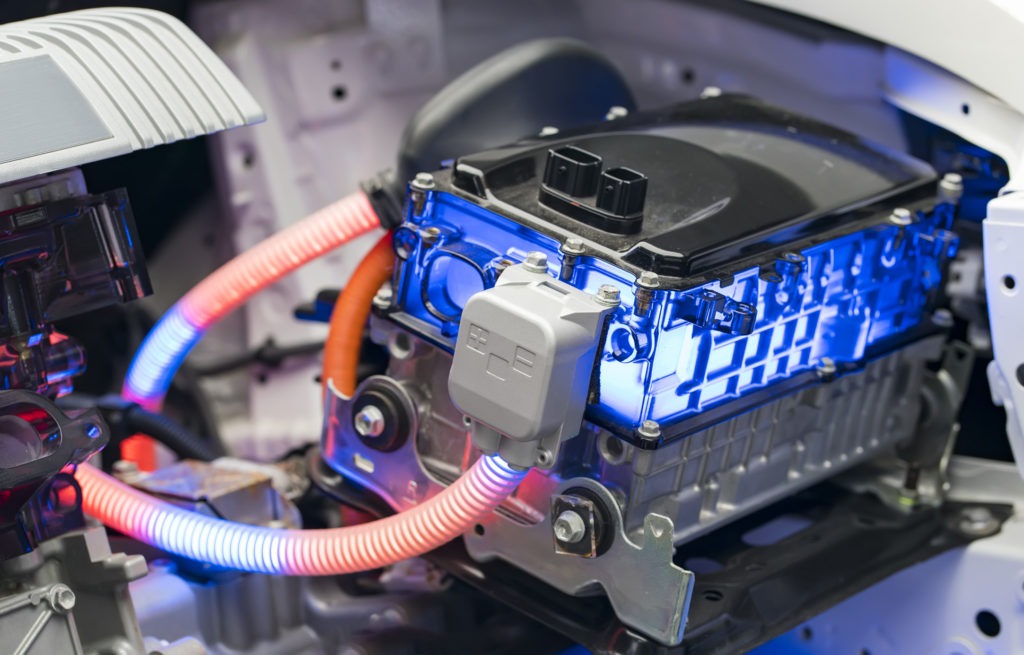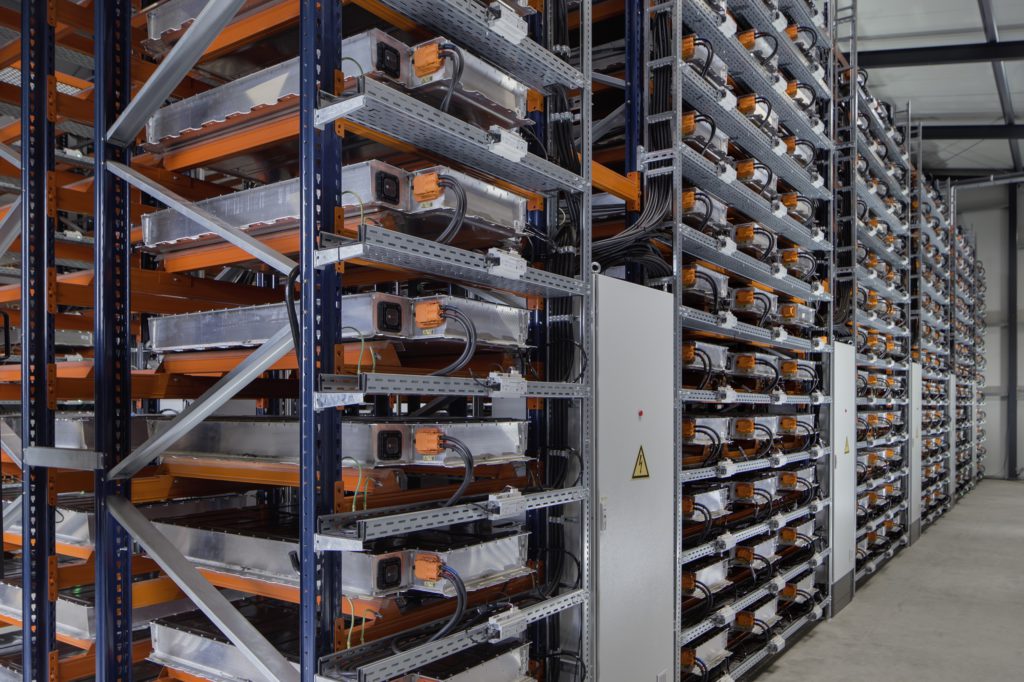VW forms joint ventures in Asia to secure supply of battery raw materials
24 March 2022

Volkswagen (VW) Group China plans to set up two joint ventures (JVs) in Asia to secure its supply of battery raw materials for electric vehicles (EVs) in China, one of the carmaker’s key markets. The German car manufacturer wants to improve cost efficiency as prices for rare-earth metals continue to rise.
The group has signed memorandums of understanding (MOUs) with Huayou Cobalt and Tsingshan Group to ensure upstream and downstream supply of EV-battery materials, including nickel and cobalt. As one of the first foreign manufacturers to set up shop in China, VW heavily depends on the Asian country for revenues and aims to double the number of EVs it sells there this year after missing the mark in 2021.
The strategic partnerships will help the carmaker boost its position in China, one of the fastest-growing EV markets, where competition from high-tech newcomers such as XPeng and Nio is ripe. The collaborations will primarily focus on cathode materials, the main ingredient of lithium-ion batteries, which account for a large share of battery-cell costs.
Transparent battery raw-material supply
‘The cooperation aims to achieve significant cost advantages, secure the battery raw material supply, and achieve a transparent and sustainable supply chain. The two partnerships target to contribute to the group’s long-term target of a 30%-50% cost reduction on each battery,’ VW said.
VW’s partners specialise in battery materials, with Huayou focusing on cobalt. Tsingshan is active in the stainless steel and primary-nickel sector. The company has its own nickel ore resources and first dived into the new-energy industry in 2017 although it has been around for 30 years.
The three companies plan to develop an upstream JV, centring on the production of nickel and cobalt battery raw materials. This will take shape in Indonesia, where more than 10% of the world’s laterite nickel ore reserves can be found. VW added that at the final stage, this JV will bolster its total production capacity of raw materials, which will be equal to the supply of 160GWh of demand for nickel and cobalt battery raw materials.
At the same time, VW and Huayou want to form a downstream JV, which will specialise in refining nickel and cobalt sulphates to bolster the German carmaker’s ambitious EV growth strategy in China. VW is hoping to cut battery costs and ‘further reduce CO2 emissions in the company’s Chinese supply chain of new-energy vehicles.’
EV-battery strategy
By 2030, VW is aiming for over 40% of its Chinese fleet to be new-energy vehicles, a term the Chinese government uses to describe battery-electric cars, plug-in hybrids, and fuel-cell vehicles. Last year, the Wolfsburg-headquartered car manufacturer started construction of a battery-system production site in Hefei, China. The OEM plans to invest €140 million in the new plant and its facilities, which is scheduled to start of production in 2023.
VW’s global battery strategy focuses on the raw-material market, battery plants, as well as cell factories. It also works closely with Chinese battery expert Gotion. The carmaker is eager to develop and produce its own battery cells in-house in Salzgitter, Germany, where it opened a new battery laboratory centre last year.



